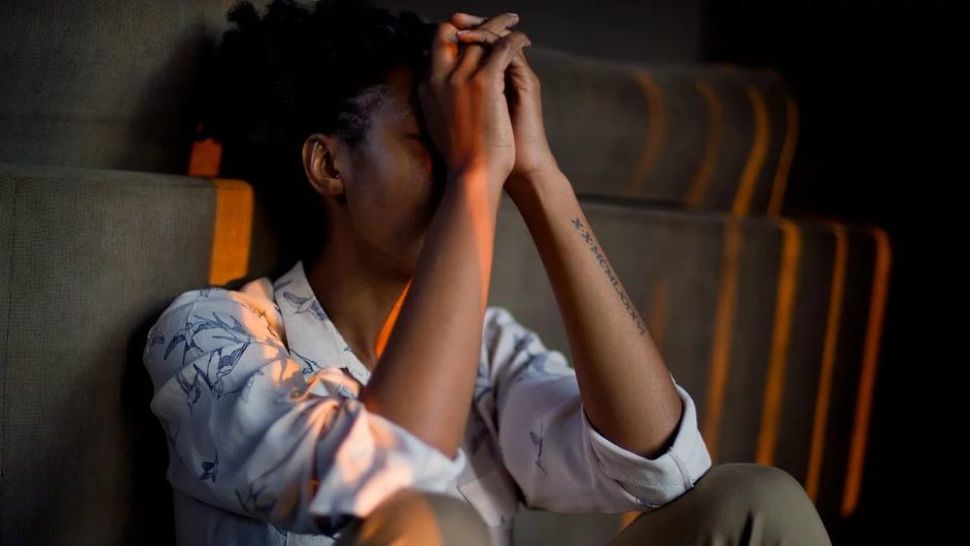Editor's note: Mental Health Musings (MHM) will focus on the mental and behavioral health impacts of the COVID-19 pandemic and ongoing protests against police brutality.
Six months into the COVID-19 pandemic, the mental health impacts of the stay-at-home orders, financial stress, and uncertainty continue to weigh on Americans. 53 percent of U.S. adults report that the virus negatively impacted their mental health, according to a July Kaiser Family Foundation poll.
What You Need To Know
- The COVID-19 pandemic exasperated mental health needs across the nation and in Western New York
- A recently released analysis lists Buffalo, Rochester and Syracuse on a list of 13 U.S. cities with a large overlap between COVID-19 vulnerability and poor mental health
- To find help, visit: www.mhanational.org/finding-help
But some cities are more at risk for the negative effects of the virus and poor mental health including three in Western New York.
Buffalo, Rochester and Syracuse were identified as three of 13 cities where COVID-19 vulnerability and poor mental health overlap, according to an October 2020 analysis done by the Surgo Foundation and Mental Health America (MHA).
The analysis is done using the COVID-19 Community Vulnerability Index (CCVI) and the Centers for Disease Control and Preventions’ The 500 Cities project.
In the 13 identified cities, more than half of that city’s population lives in a census tract that is both highly vulnerable to the pandemic and has high rates of poor mental health.
Eight of those cities were flagged as experiencing a “triple threat,” or having a large number of residents vulnerable to the effects of COVID-19, at risk for poor mental health and lacking access to mental healthcare.
Buffalo, Rochester and Syracuse all were identified as such.
New York was identified as 15th in the nation for access to mental health care, having young people in the state experiencing the largest mental health concerns due to the pandemic, having young people who experience a severe major depressive order and not get treatment by MHA.
Additionally, New York has a shortage of mental health professionals, with a ratio of 350 people to every one mental health professional as of 2018.
To find help, visit: www.mhanational.org/finding-help. Rochester and Buffalo both have MHA affiliates including Mental Health Advocates of Western New York and MHA of Rochester/Monroe County.




